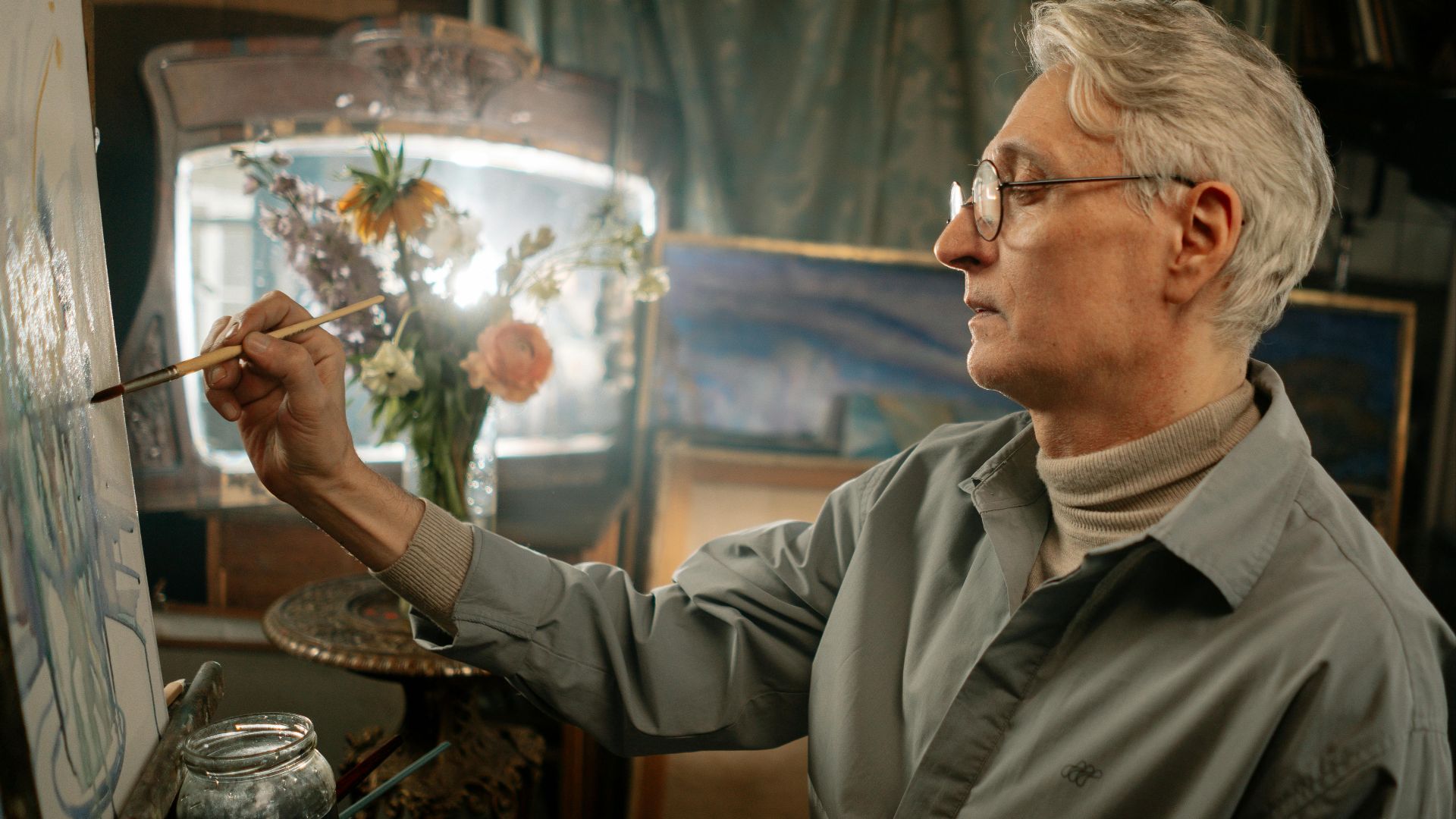You spent decades setting an alarm clock, rushing through mornings, and living for weekends. Now retirement has arrived, and suddenly there's this vast expanse of unstructured time stretching before you. That dream of sleeping in and doing whatever you want hits different when it's your reality every single day. Many retirees discover that freedom without purpose feels surprisingly hollow.
The good news is that retirement isn't about stopping—it's about starting something entirely new on your own terms.
Rediscovering What Actually Matters To You
Remember that hobby you abandoned twenty years ago because work consumed everything? Or that skill you always wanted to learn but never had time for? Now's the moment. The trick isn't filling every hour with activities—it's identifying what genuinely lights you up. Some retirees rediscover their love for woodworking, painting, or gardening.
Others find fulfillment in learning languages, taking cooking classes, or finally reading those books collecting dust on their shelves. The real magic happens when you stop asking "what should I do?" and start asking "what have I always wanted to do?" Maybe it's something completely unexpected. One retired accountant discovered a passion for beekeeping.
A former teacher became obsessed with astronomy. The point is that retirement gives you permission to explore without judgment or pressure. You're not building a resume anymore—you're building a life that feels yours authentically.
Building New Connections And Routines
Here's something nobody tells you about retirement: you'll miss the social structure of work more than you expected. Those casual conversations by the coffee machine, the camaraderie of tackling projects together, even the mild office drama they provided a daily human connection. Without that built-in social network, loneliness can creep in fast.
Combat this by deliberately creating new routines and communities. Join clubs that align with your interests. Volunteer for causes you care about. Take group fitness classes or join a walking group. The key is consistency—showing up regularly to the same places helps you build genuine friendships. Community centers, libraries, and local organizations are goldmines for meeting like-minded people who are also navigating this life transition.
Making Your Days Count Without Counting Your Days
The most successful retirees don't treat retirement as an extended vacation—they treat it as a new chapter with its own goals and meaning. This might mean mentoring younger professionals in your former field, starting a small side project that generates a bit of income, or dedicating time to advocacy work that matters to you.
Structure still matters, even when nobody's requiring it from you. Creating a loose weekly rhythm, maybe Tuesdays are for volunteering, Thursdays for your art class, weekends for family, gives your days shape without making them feel constrictive. The goal isn't to replicate the busyness of your working years.
It's to design days where you go to bed feeling satisfied, connected, and engaged rather than just entertained or distracted. Retirement isn't the end of your productive life. It's the beginning of your most intentional one.








